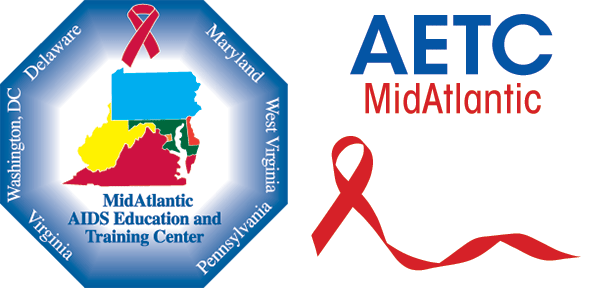6: Using Judicial System to Impact Mortality/Morbidity for Opioid Misuse
Details

Description
Ending the Opioid Epidemic Webinar Series: Webinar 6.
Webinar Title: Legal Intervention: Using the Judicial System to Impact Mortality/Morbidity Rates for Opioid Misuse
Adults incarcerated following arrest for drug misuse are a vulnerable population. Historically, the role of courts in these cases is to impose sanctions and protect society from future harm. Problem solving courts are public health interventions that refer arrested individuals to treatment. Researchers at the University of Pittsburgh Graduate School of Public Health are studying specific characteristics of individual problem solving court policies, procedures, and practices and their impact on morbidity and mortality rates.
At the conclusion of this webinar, participants will have learned to…
- Describe the process for acceptance into a problem solving court program;
- Identify three (3) interventions that problem solving courts typically provide to individuals arrested for drug misuse or for crimes associated with drug misuse; and
- Compare recidivism rates for individuals sentenced to traditional correctional facilities with those who are deferred to problem solving courts.
Speaker
Audience
This webinar series is appropriate for physicians, nurses, social workers, case managers, public health practitioners, and other health professionals who would benefit from the information.
Accreditation
- Certificate of Attendance: This program is awarded 0.1 CEU/certificate of attendance from the University of Pittsburgh, Graduate School of Public Health.
- Certified in Public Health Continuing Education (CPH-CE)
- Certified Health Education Specialists (CHES®): MAR-PHTC is a designated provider of continuing education contact hours in health education by the National Commission for Health Education Credentialing, Inc. This program is designated for Certified Health Education Specialists and/or Master Certified Health Education Specialists to receive up to 1 total Category I contact education contact hour.
- Continuing Medical Education (CME): This activity has been planned and implemented in accordance with the accreditation requirements and policies of the Accreditation Council for Continuing Medical Education (ACCME) through the joint providership of University of Pittsburgh School of Medicine and MidAtlantic AIDS Education and Training Center. The University of Pittsburgh School of Medicine accredited by the ACCME to provide continuing medical education for physicians. The University of Pittsburgh School of Medicine designates this live activity for a maximum of 1.0 AMA PRA Category 1 Credits™.
- Continuing Nursing Education (CNE): The MidAtlantic AIDS Education and Training Center is an approved provider of continuing nursing education by the Pennsylvania State Nurses Association Approver Unit, an accredited approver by the American Nurses Credentialing Center’s Commission on Accreditation.
- Social Work: This program is offered through co-sponsorship of the University of Pittsburgh’s School of Social Work, a Council on Social Work Education-accredited school and, therefore, a PA pre-approved provider of social work continuing education. These credit hours satisfy requirements for LSW/LCSW, LPC and LMFT biennial license renewal.
Continuing Education credits issued for participation in CE activity may not apply toward license renewal in all states. It is the responsibility of each participant to verify the requirements of their state licensing board(s).
Disclosure(s)
Planners have no conflicts of interest relative to this educational activity. Speaker has no conflicts of interest.
Ending the Opioid Epidemic Webinar Series
Series Description:
The MidAtlantic AIDS Education and Training Center and the Mid-Atlantic Regional Public Health Training Center have created a six-part interactive webinar series which has been designed to introduce diverse strategies for success in ending the opioid epidemic. Participants will hear from legal, social, medical, and community intervention experts in a strategy-gathering information exchange. The webinars will be an hour in length and will include Q&A as well as audience interaction via polling. We welcome you to join us for the entire series or for individual webinars such as this one!
Materials
Topics
A variety of the listed topics will be discussed at this event.
- Harm Reduction/Safe Injection
- Retention and/or re-engagement in care
- Medication-assisted therapy for substance use disorders (i.e. buprenorphine, methadone, and/or naltrexone)
- Opioid use disorder
- Cultural competence
- Cultural Competency/Cultural Humility
- Legal issues


